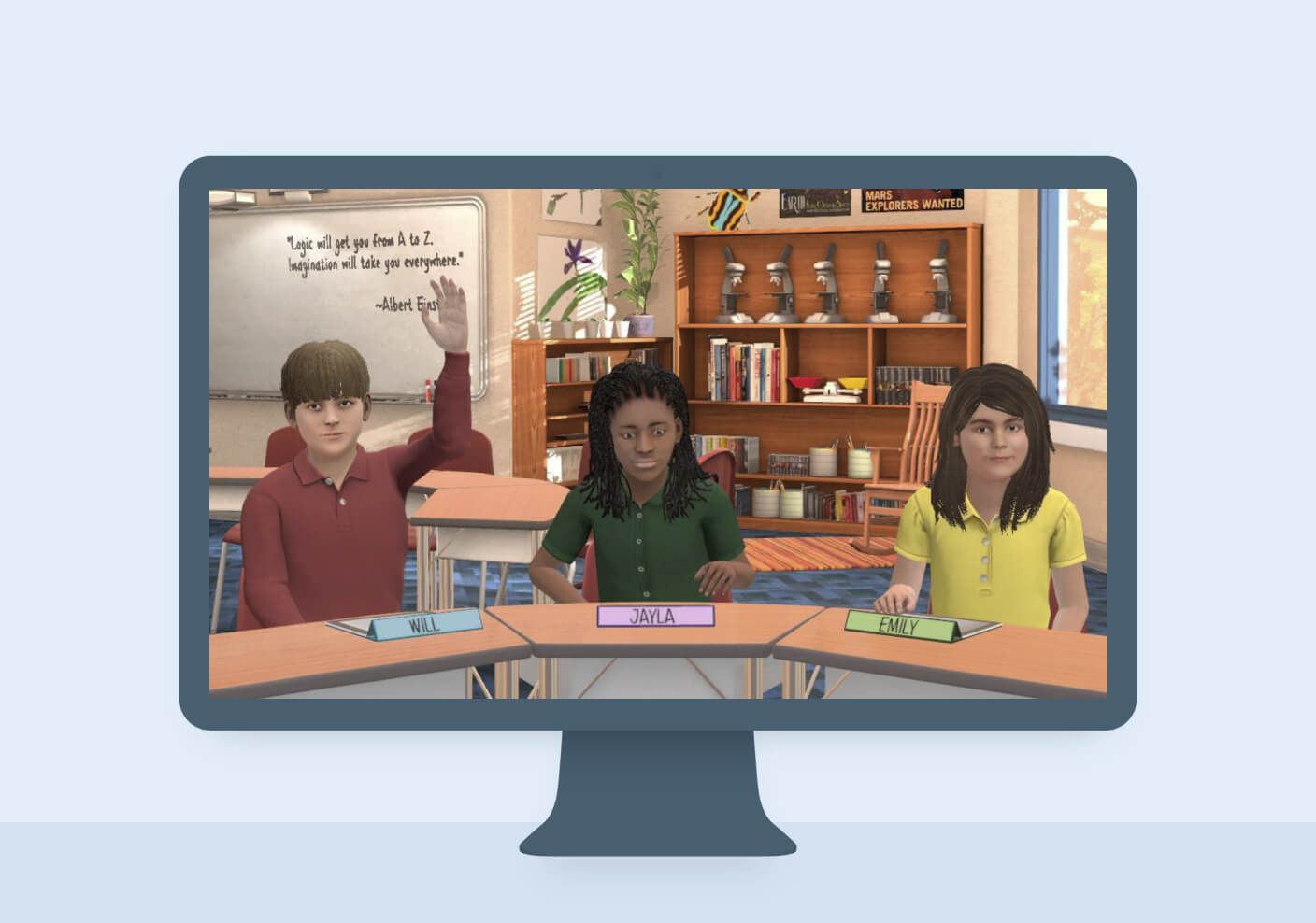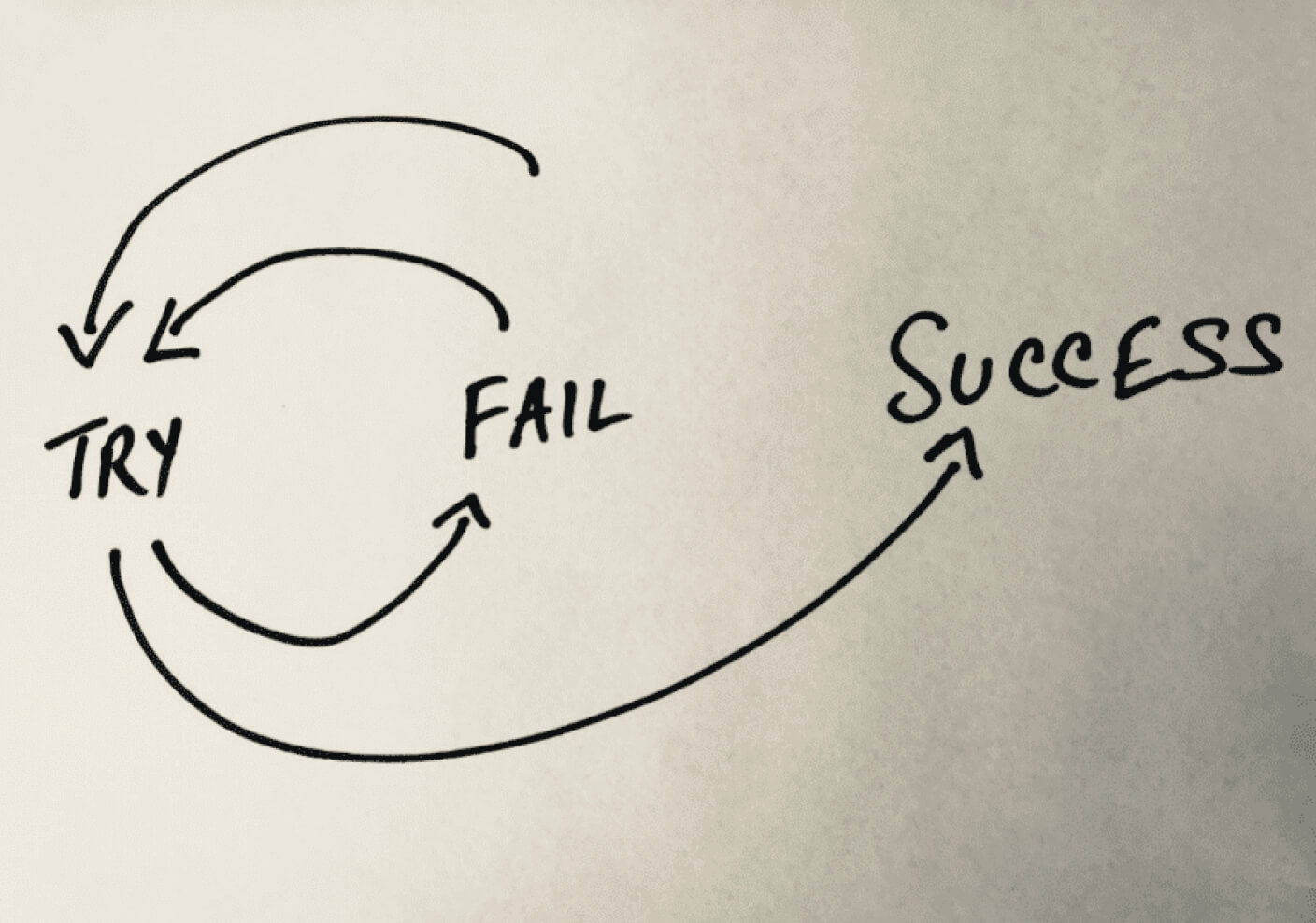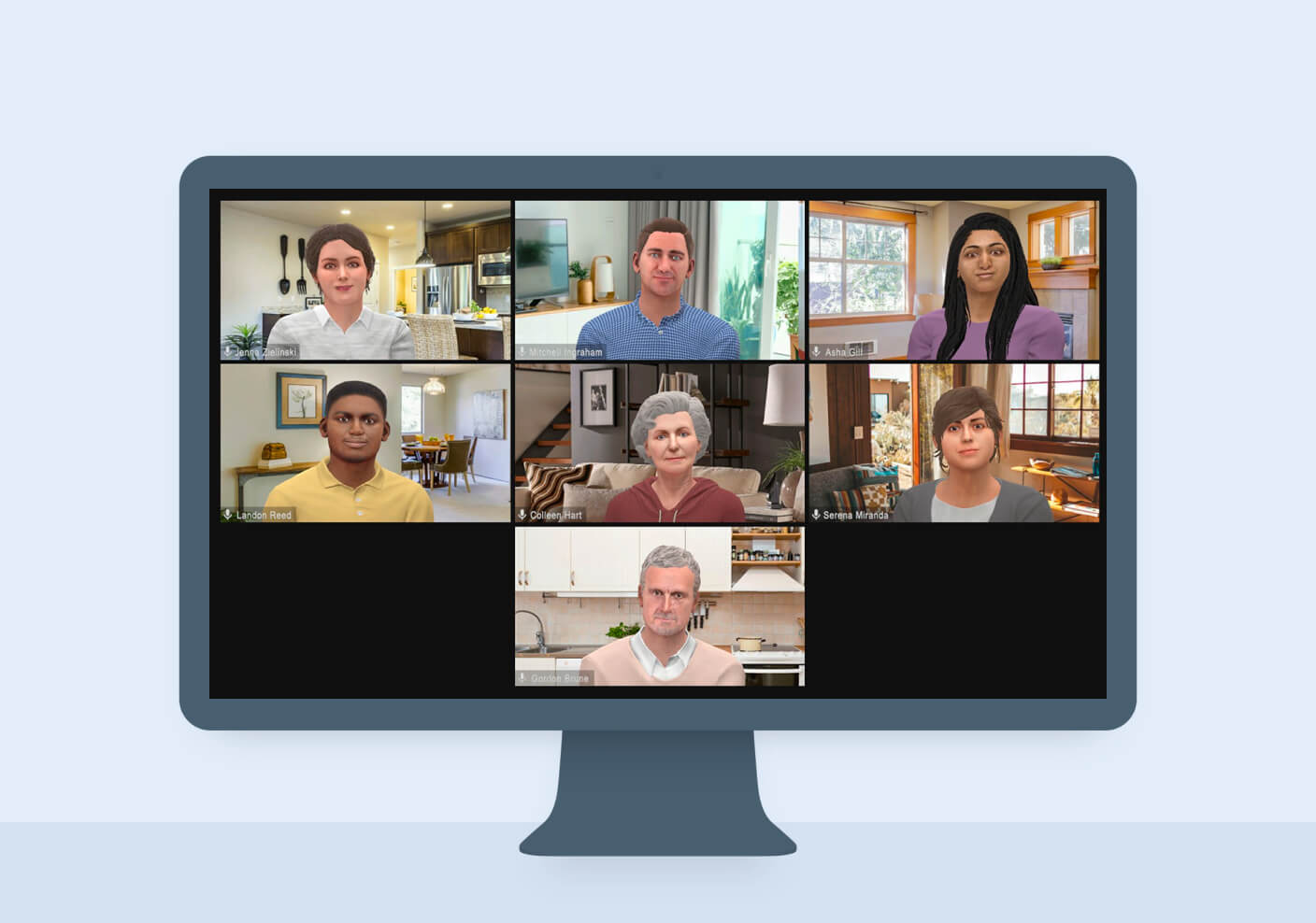Message me at [email protected] to speak about using VR for education.
Conventional thinking would suggest that young students–especially those in elementary or middle school today–would be the ones to usher in the future. Be it a dystopian one or one that’s more optimistic. They are digital natives after all. They are practically augmented humans with devices fused to their palms. I came upon an article transcribed from an audio interview that has challenged that thinking.
Published a little over two years ago, Ready Player One: Science Fiction’s Vision for The Future of Education is a conversation between an interviewer and two educators. They discuss the novel Ready Player One by Ernest Cline with a particular focus on what the schools and learning of the future might look like.
As I sat and listened to the half hour conversation, I came away thinking that it’s today’s teachers, not students, who are already ushering in the future. And not just of education but our future-future. They are our Lewis and Clark. Our Armstrong and Aldrin. They are a special breed of pioneers who also teach others how to pioneer.
Count Jaron Lanier among that same kind of futurist and pioneer. He is famously credited with coining the term “virtual reality.” His book Dawn of the New Everything: A Journey Through Virtual Reality is equal parts manifesto and memoir. The title resonates differently today, in the age of COVID-19, than it did in 2017 when it was first released. In it, he offers up 52 definitions of virtual reality. These are among my favorites (I find it impossible to pick only one):
- Training simulators for anything, not just flight
- A way to try out proposed changes to the real world before you commit
- The medium that can put you in someone else’s shoes; hopefully a path to increased empathy
- Digital puppetry
- A generalized tool for cognitive enhancement
- A person-centered, experiential formulation of digital technology that hopefully inspires digital economies in which the real people who are the sources of value aren’t ignored
The most fun part is that I get to see how all these definitions above are operationalized today. What I see is my colleagues building the would-be lunar module or wagon train to be boarded by pioneers. They’re building simulation environments and scenarios that are helping to train teacher candidates or pre-service teachers. Educators’ use of technology can have a profound effect on said technology. They have a way of pushing, pulling and tugging at all the seams that might come undone. Is it accessible? Is it effective? Is it appropriate? Is it ethical? Is it safe? For themselves and for their students.
As we continue to respond to the COVID-19 crisis, I’m exceedingly proud to see the role that VR is playing to help teachers. In general, the virus has put upon education a heavy load. With schools closed, students and their parents, guardians and teachers are stretching and bending. What may not be top of mind for the public is the current cohort of teacher candidates may be in danger of not completing their programs, not graduating or may be asked to launch their careers without the benefit of enough clinical field experience. “It’s a sad thought,” commented Dr. Carrie Straub, Executive Director of Education Programs and Research at Mursion, “that some of our teachers may miss out on classroom time.” Educators are essential for the health of our society and the pipeline of teachers is threatened for this fall and possibly beyond.
On a good note, watch this space for an announcement of how we’re collaborating with amazing institutions and organizations in education. Together we’ll be tackling the issue of teacher candidate training head on. Candidates can still be prepared–in VR– for the classroom without compromising anyone’s health and safety.
Monika Jo, reporting from the past, as half of the first couple to marry in VR, and from the present, as Learning Partner at Mursion.
Subscribe for the latest Mursion articles and updates.
By clicking the sign up button above, you consent to allow Mursion to store and process the personal information submitted above to provide you the content requested. View our Terms and Conditions.




